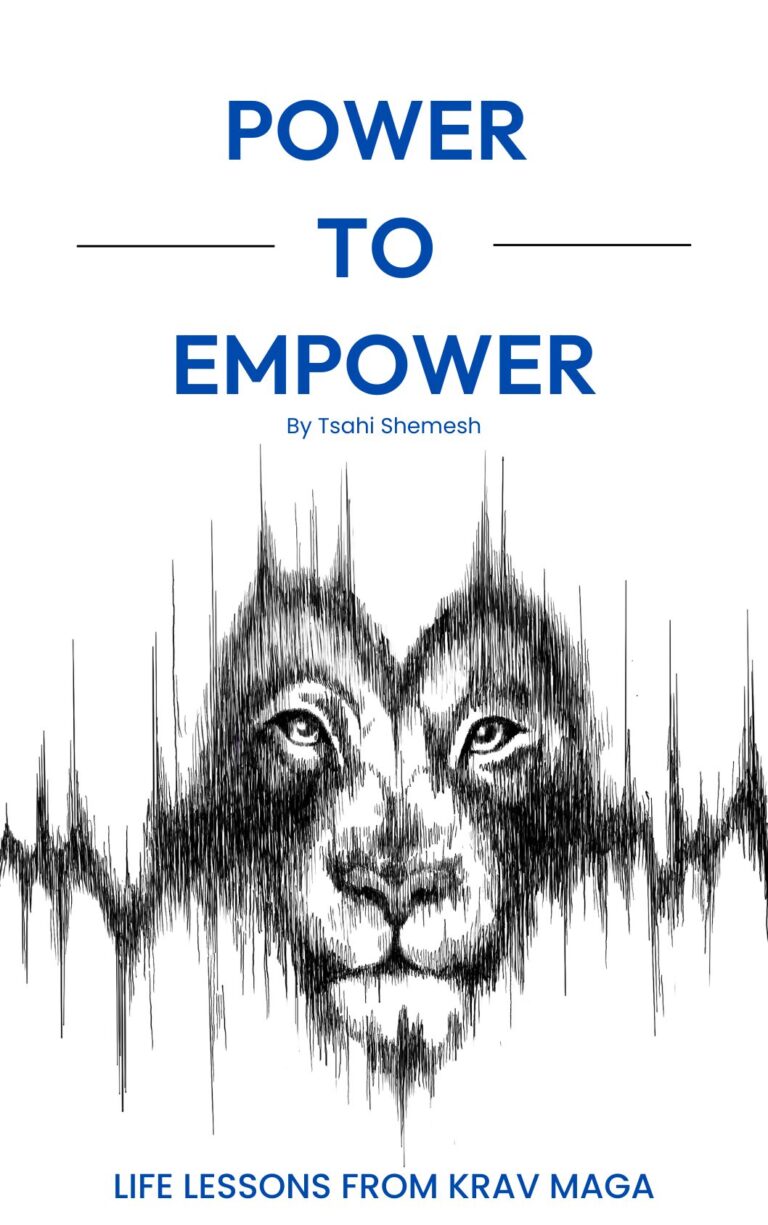Defunding the Police? Here’s What Actually Happens on the Street
When people speak about policing, the debate is often hijacked by slogans. On one side you hear “support the blue.” On the other hand, “defund the police.” Both positions are shallow because they avoid the real question: what do we want police officers to be capable of when they face danger? The answer is preparation.
An officer who is undertrained is a liability to the public and a danger to himself. That is not theory. We have seen the consequences.
What Happens When Training is Lacking
The most well-known example is the killing of George Floyd in Minneapolis. Derek Chauvin was a man with a badge, a gun, and the authority to use force, but what he lacked was the professional training and psychological clarity to de-escalate. The result was nine minutes of brutality that scarred America and the world. The case became a symbol of everything people fear about policing: officers who lose control, who use force without restraint, who forget the oath to protect.
Every organization has its bad seeds. In a company, it might be an employee who steals or lies. In a police department, it might be an officer who should never have been hired. The public does not remember the thousands of officers who work their entire careers without abusing a citizen. They remember the one who destroyed trust in a single moment.
The narrative of the “bad cop” is simple. It spreads fast, and it sticks. It is also fed by culture. Look at movies and television. From comedies to action films, police are often shown as incompetent, overweight, or corrupt. The smart criminal easily outsmarts the clueless cop. Think of the bumbling detectives in Home Alone. In Die Hard, the villains are sophisticated and the police response is slow and ineffective. In Super Troopers, the entire premise is that officers are portrayed as idiots. These portrayals shape public perception far more than statistics ever could.
The reality is more complicated. Police departments are filled with ordinary men and women, most of whom never make the news because they do their jobs quietly and competently. We hear about the failures because they are shocking. The successes rarely go viral.
What Training Can Actually Do
One police department in Marietta, Georgia decided to test an idea. They introduced mandatory Brazilian Jiu-Jitsu training for recruits and encouraged officers to continue afterward. The results are striking.
Officer injuries during arrests dropped by 48 percent. None of the injured officers came from the BJJ-trained group.
Subject injuries dropped by 53 percent when force was required.
Taser use fell by 23 percent.
Over 2,600 training sessions produced a single reported injury.
This is what happens when officers train regularly in a system that teaches control, body mechanics, and calm under pressure. Both the public and the police benefit.
Krav Maga, which has been taught to officers in Europe and the U.S. for decades, shows similar advantages. A Dutch study found that officers with martial arts backgrounds, including Krav Maga, performed significantly better under stress than those without it. Even training once a week made measurable improvements. These officers could function under high anxiety while their untrained peers collapsed under the same pressure.
The purpose is to make them professionals who can manage fear and apply force precisely. That will lead to a reduction in the use of force.
The Cost of Fear
Without training, officers rely on adrenaline. Fear fills the gap where skill should be. An untrained officer who feels threatened is more likely to panic and escalate. They reach for weapons faster. They use more force than the situation requires. Many of these officers are not cruel by intention. They are simply scared and unsure.
Now imagine those same officers working in a system that tells them to ignore “small crimes.” What message does that send? That the law is optional. That their authority is hollow. They begin to believe they are on their own, unsupported by courts or prosecutors. Combine that with reduced training hours from budget cuts and you have a recipe for disaster: officers who are less capable and more anxious, working in communities that have less respect for them. That is not safety. That is chaos.
The Myth of Defunding
Defunding the police has become a popular slogan. Cutting training budgets multiplies violence. Officers who are underprepared will not perform better. They will fall back on instinct, and instinct under fear is dangerous.
The Marietta case proves the opposite is true. More training equals fewer injuries. Better training equals less use of force. Investing in education works.
What Real Reform Looks Like
The path forward is to raise the standard of professionalism. That means more hours of scenario-based training, more martial arts like BJJ and Krav Maga, and more emphasis on controlling fear under pressure. The goal is to protect citizens and protect officers from the weight of their own mistakes.
It also means education for the public. Communities need to understand how to respond in encounters with law enforcement. Many of the worst tragedies come from mutual misunderstanding. Individuals who are unaware of their rights or who test boundaries in moments of stress increase the risk of escalation. Education on both sides, officers – to use less force, and citizens – to avoid unnecessary trouble, is the only sustainable solution.
Lastly, every organization has its bad seeds. Police are no different. We should hold them accountable, but accountability without training is meaningless. Defunding creates more fear and less professionalism. Real reform means better preparation. It means giving officers the tools to act with clarity, restraint, and skill. And it means teaching communities how to engage safely, so encounters do not turn into confrontations.
Training saves lives. Cutting costs them.
Do something amazing,
Tsahi Shemesh
Founder & CEO
Krav Maga Experts
Relevant Articles
The Key for De-Escalation – De-escalation depends on clarity, capability, and strategic posture, not naive “just be nice” thinking.
We Are Raising Fragile Minds in a Dangerous World – We are producing generations emotionally unprepared for risk, which ties into needing physical and mental resilience.
Violence: A Changing View – Modern policing is a recent invention, beginning in the late 1800s, and how society’s shifting view of violence shapes both expectations and misunderstandings of force.

